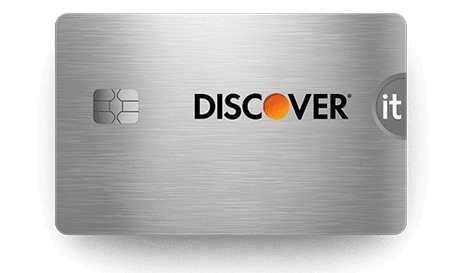You’re not alone. Many people struggle with debt management and it's common for people to miss the occasional credit card bill. But what happens if your bill is overdue by more than a few days?

What Happens When My Credit Card Goes Delinquent?
4 min read
Last Updated: March 11, 2025
Next steps

See if you're pre-approved

View all Discover credit cards
See rates, rewards and other info
You may also be interested in
Was this article helpful?
Was this article helpful?




